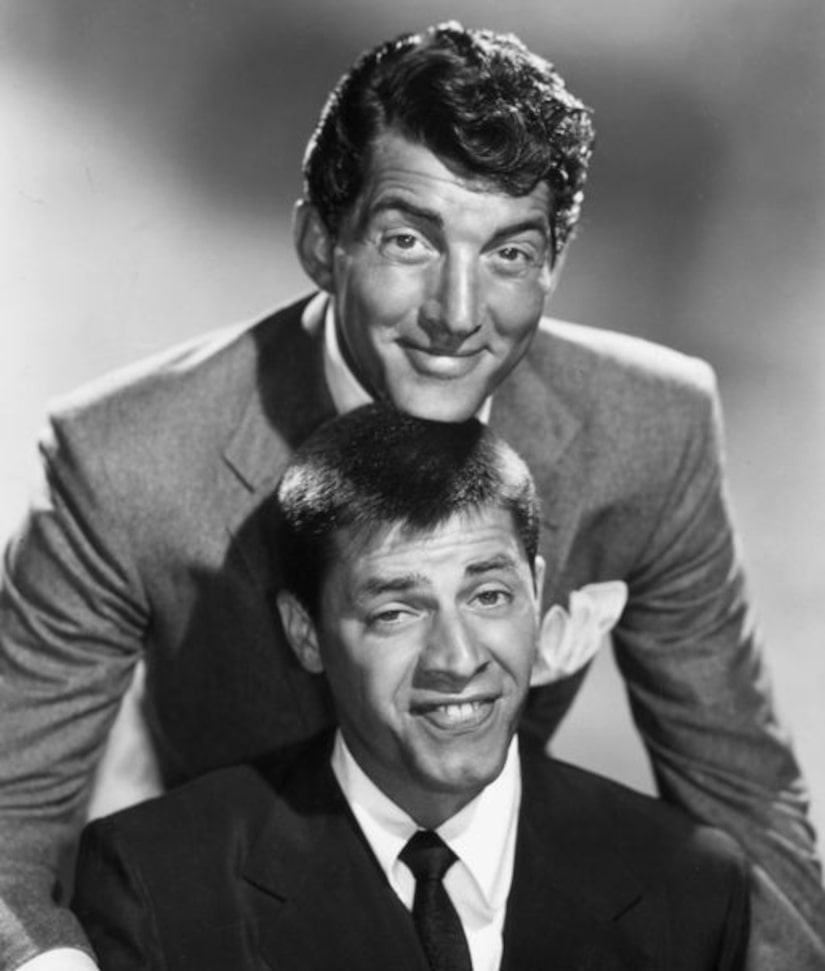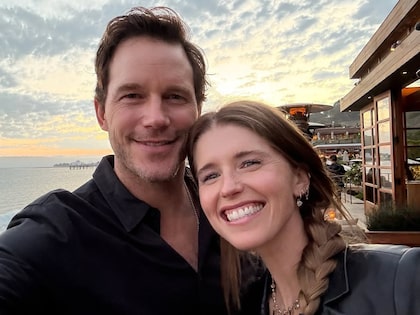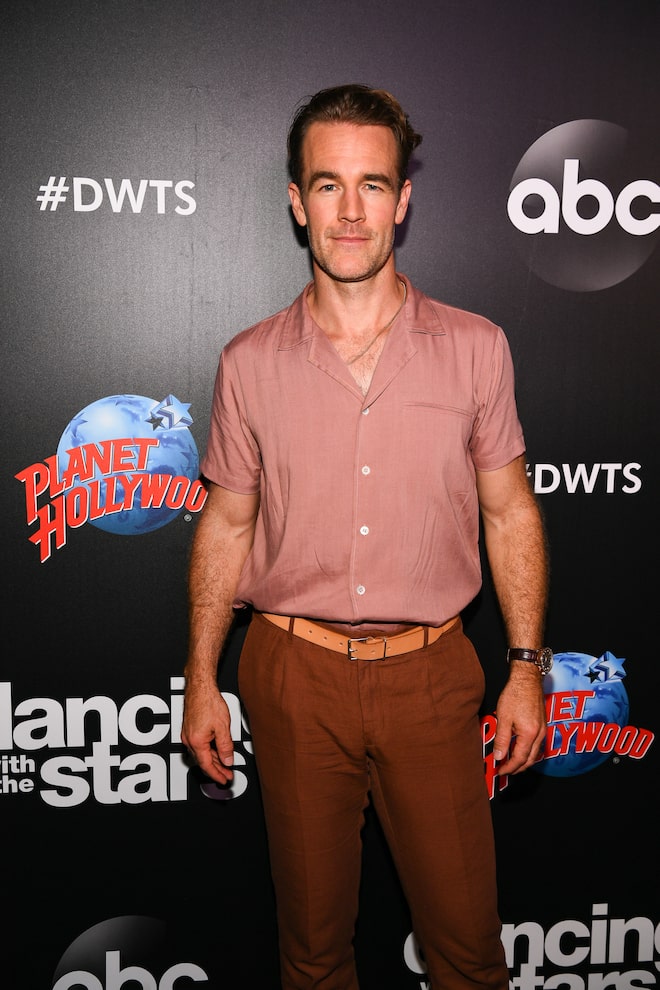Celebrity News August 20, 2017
Jerry Lewis, King of Comedy, Dead at 91
 Getty Images
Getty Images
Showbiz legend Jerry Lewis died Sunday at 91, THR reports.
The undisputed comedy icon died at 9:15 a.m. at his Las Vegas home, according to a statement from Lewis' family.
Lewis was born in Newark, New Jersey, in 1926. His father was a Vaudeville emcee and his mother a professional pianist for a radio station. His own career was launched in the 1950s when he, along with crooner and comic Dean Martin, was part of the Martin & Lewis comedy team. The duo was a phenomenon in nightclubs and on the radio, including on their "The Martin and Lewis Show" (1949-1953). They made many early-TV appearances, beginning with their live-TV debut on "Toast of the Town" on June 20, 1948.

The team's popularity led to appearances in the films "My Friend Irma" (1949) and "My Friend Irma Goes West" (1950), and ultimately their debut as leads in "At War with the Army" (1950). Over the next several years, they made a total of 16 Martin & Lewis films, always featuring Lewis as the slapstick star and Martin as his unflappable straight man.

The men dissolved their partnership acrimoniously in 1956, making very few public appearances together afterward until a thawing in the '80s, when Lewis sang "Happy Birthday" to Martin at Martin's final public appearance before his death.
In the late '50s, Lewis continued as a popular live act, cut comedy albums and made several hit comedy films on his own, including "Rock-A-Bye Baby" (1958; his song of the same name sold 4 million copies) and "The Geisha Boy" (1958).

The first film Lewis produced, "The Bellboy" (1960), became a comedy classic, as did his "CinderFella" (1960) and "The Nutty Professor" (1963), the latter of which he also produced, directed and co-wrote.
Lewis had been one of the last surviving stars to appear in the beloved caper "It's a Mad, Mad, Mad, Mad World" (1963), and he also scored with 1964's "The Disorderly Orderly."

Many U.S. critics considered Lewis's output to be mainstream schlock, but he achieved auteur status in some circles, and it was often joked that "they love him in France." In the late '60s, he taught a film-directing class at USC, where his students included future super directors Steven Spielberg, Robert Zemeckis and George Lucas. After a screening of young Spielberg's "Amblin'," Lewis is quoted as having said, "That's what filmmaking is all about."
Infamously, Lewis starred in and directed "The Day the Clown Cried" in 1972, a drama set in a concentration camp in Nazi Germany. Whether due to legal wrangling or Lewis' dissatisfaction with the end result, it was never released. A copy rests with the Library of Congress, but can not be made available publicly until 2025. It was among 14 feature films he directed.
His film career sank, but he continued making sporadic TV and movie appearances.



In the '80s, Lewis made a brief resurgence on the silver screen, directing and starring in the financially successful comedy "Hardly Working" (1981) before tackling the title role in Martin Scorsese's critically acclaimed "The King of Comedy," a 1983 film that prefigured our culture's obsession with celebrity, the rise of stalkers and the birth of reality TV. The film contains Lewis' most highly regarded performance, as a jaded comedy legend who is held hostage by a fame-seeking sycophant and a deranged fan.


Since then, Lewis had made sporadic TV and film appearances. His final film role was in 2016's "The Trust," starring Nicolas Cage and Elijah Wood.
As famous as he was for his comedy, Lewis' name was also intimately linked to the Muscular Dystrophy Association, and to his annual Labor Day telethon, during which Lewis would emcee a 24-hour cavalcade of entertainment, including appearances by some of his famous friends and also unknowns. From 1966 to 2010, it is estimated Lewis raised as much as $2.6 billion for the organization.

Last year, as part of THR's celebration of entertainers age 90 and over, Lewis participated in an on-camera interview in which he badgered the interviewer and behaved so cantankerously the publication referred to it as "the most painfully awkward interview of 2016." Watch here.
Lewis had battled multiple health issues, including undergoing open-heart surgery in 1983, beating prostate cancer in 1992, treatment for drug addiction, at least one heart attack and a battle with pulmonary fibrosis.

Lewis is survived by his wife SanDee and by six children, including musician Gary Lewis. He was preceded in death by his son Joseph, who took his own life in 2009.




























